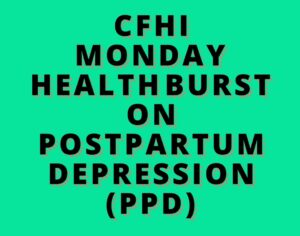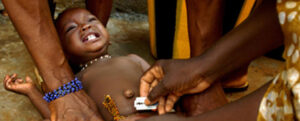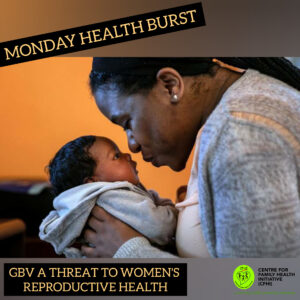SPEAK WEDNESDAY
FINANCIAL ABUSE OF WOMEN IN MARRAIGES
 Did you ever think there is such a thing as “financial abuse”? When most people think of domestic abuse, the first thing that comes to mind is likely physical or verbal abuse, but research shows that financial abuse occurs just as frequently in unhealthy relationships as other forms of abuse.
Did you ever think there is such a thing as “financial abuse”? When most people think of domestic abuse, the first thing that comes to mind is likely physical or verbal abuse, but research shows that financial abuse occurs just as frequently in unhealthy relationships as other forms of abuse.
According to Wikipedia, Financial abuse also known as economic abuse is a form of abuse when one intimate partner has control over the other partner’s access to economic resources, which diminishes the victim’s capacity to support themselves and forces them to depend on the perpetrators financially.
Financial abuse happens when an abuser uses control of finances to maintain power in a relationship. According to researchers, this form of abuse occurs in 99% of physically abusive relationships and women are mostly the victims. Victims of domestic violence often say that financial abuse is the main reason they stayed with an abusive partner. This is because the financial burden placed on them made survival on their own seem impossible. For instance, if an abuser is particularly violent and the victim needs to leave in order to stay safe, this is difficult without money or a credit card. Also, if the victims need to leave the relationship permanently, it is challenging to find safe and affordable housing. Provision of basic needs such as food, clothing, and transportation becomes really challenging. However, many forms of financial abuse are more subtle, like when an abuser hides financial information or withholds money for household needs.
Unlike other forms of abuse, financial abuse can be difficult to recognize because it varies from situation to situation since there is no one way to handle money in a relationship. However, there are concrete tactics an abusive partner may use to keep their partners trapped which includes among others: gives you “allowances” or “budgets” without your input; requiring you to account for everything you spend; pressures you to quit your job or sabotages your work responsibilities; feels entitled to your money or assets; spends your money without your knowledge and controls how all of the household finances are spent.
The effects of financial abuse are often devastating especially for women. They feel inadequate and unsure of themselves due to the emotional abuse that accompanies financial abuse. They also have to go without food and other necessities because they have no money. In the short-term, financial abuse leaves victims vulnerable to physical and emotional abuse and violence. Without access to money, credit cards, and other financial assets, it is extremely difficult to adequately plan.
Though it is not easy to break free from financial abuse, it is possible. Victims should evaluate their personal confidence level regarding finances, gain information about their assets and liabilities, gather important financial and personal documents such as copies of bank statements, birth and marriage certificates, and seek for financial independence through learning of new skills, savings, or getting a good job. Financial independence is essential in achieving healthy relationships.
Speak Wednesday is an initiative of CFHI to address issues of gender based violence and gender inequality. Join us every Wednesday on all our social media platforms for more episodes.


 “Have you ever heard of Female genital mutilation? The doctor asked me. This was after my over 20 hours of labor, an ordeal which left me depressed for over a month. It took me a while before I responded because it was the least question I ever would imagine answering at such moment.
“Have you ever heard of Female genital mutilation? The doctor asked me. This was after my over 20 hours of labor, an ordeal which left me depressed for over a month. It took me a while before I responded because it was the least question I ever would imagine answering at such moment.
